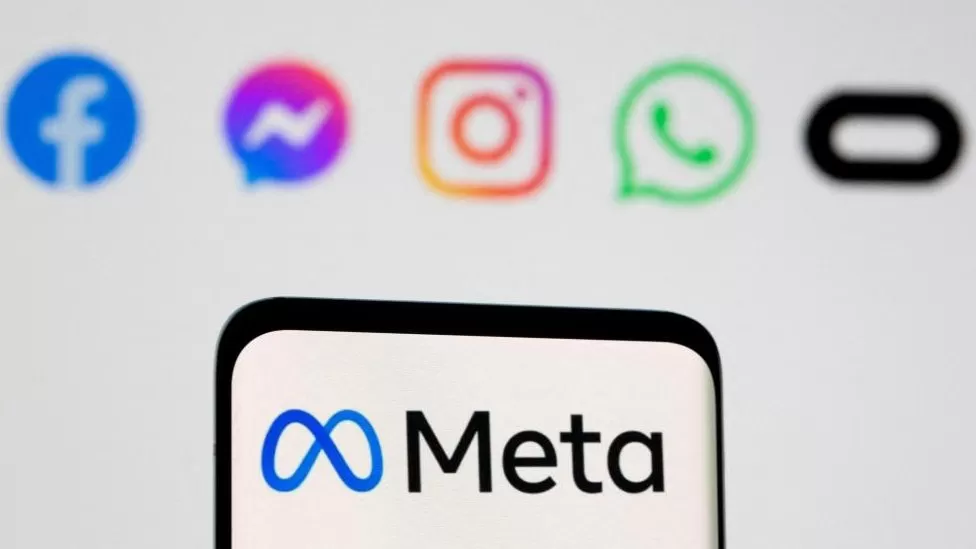
Instagram and Facebook will get paid verification
Instagram and Facebook users will now be able to pay for blue tick verification, parent company Meta announced.
Meta Verified will cost $11.99 a month online or $14.99 for iPhone users.
It will be available in Australia and New Zealand this week.
Mark Zuckerberg, Meta’s chief executive, said the move will improve the security and authenticity of social networking apps.
The move comes after Ilon Musk, the owner of Twitter, introduced Twitter Blue’s premium subscription service in November 2022.
Meta’s paid subscription service is not yet available to businesses, but anyone can pay to be verified.
Badges – or “blue ticks” – were used as verification tools for high-ranking accounts to show their authenticity.
A subscription would give paid users a blue badge, increased visibility of their messages, protection against copycats and easier access to customer service, Meta said in a statement on their Web site.
The company told the BBC that the change would not affect previously verified accounts, but noted that it would increase visibility for some of the smaller users verified through the paid feature.
Allowing paid users access to the blue tick has previously caused problems for other social media platforms.
Twitter’s paid verification feature was suspended last November when people began impersonating big brands and celebrities by paying for the badge.
Meta said Instagram and Facebook users’ names must match a government-issued ID in order to be verified, and users must have a profile photo that shows their face.
Other websites, such as Reddit, YouTube and Discord, also use subscription-based models.
Meta has not yet specified when the feature will roll out to other countries, though Mr. Zuckerberg said in his post that it will be “soon.”
In November, the company announced the loss of 11,000 jobs as a result of overinvestment during the Covid-19 pandemic.
At the time, Mr. Zuckerberg said he predicted an increase in Meta’s growth based on its growth during the pandemic, but that ultimately did not happen.
“A lot of people predicted it would be a permanent acceleration,” he wrote. – I thought so, too, which is why I made the decision to significantly increase our investment.”
Instead, he said, the “macroeconomic downturn” and “increased competition” caused earnings to be much lower than expected.
“I got it wrong, and I take responsibility for that,” he said at the time.
